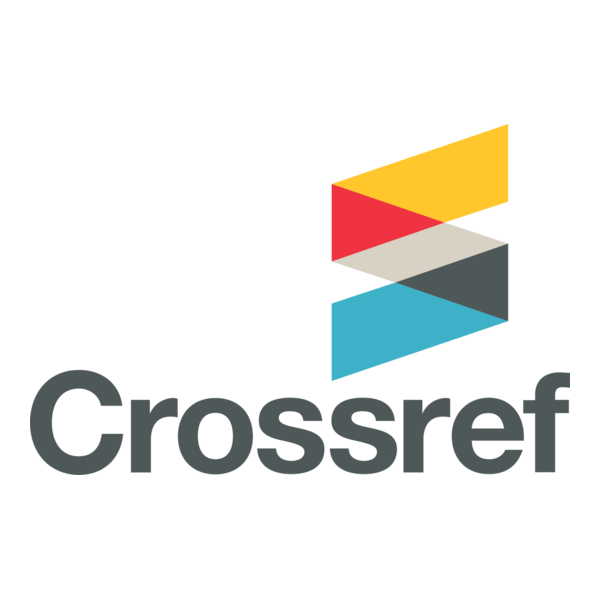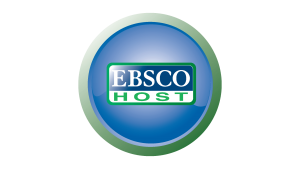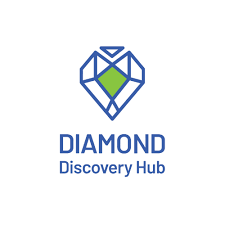Improving the Organisation of Student Life
DOI:
https://doi.org/10.37886/ip.2025.005Keywords:
time management, student life, negative stress, balance, artificial intelligence, project work.Abstract
Research Questions (RQs): 1. What are the key challenges that media production students face in balancing study, work, and personal commitments? 2. What is the overall impact of the use of artificial intelligence (in all segments of activity – school, work, leisure) on the organisation of the lives of media production students?
Purpose: The purpose of the research is to analyse the organisation of students' lives and propose strategies and tools to reduce negative stress and improve the balance between studies, work, and free time.
Method: The research is based on monitoring the preparation and implementation of the project "Improving the organisation of your life", which was carried out over three years by more than 80 FUDŠ students in the course Management and Organisation of Media Production. We used the methods of survey, project analysis and discussions. Artificial intelligence (ChatGPT) is involved in all phases of the research and project.
Results: Most students (over 70%) are not satisfied with the organisation of their lives before the start of the project and 70% of them report stress. The situation has improved greatly with the project "Improving the organisation of your life". Basic theoretical insights, techniques such as Time Blocking and Pomodoro, the Eisenhower Matrix method, the use of digital tools (Trello, Notion, Google Calendar) and especially ChatGPT improved productivity and reduced the feeling of being overwhelmed. The results show the positive impact of physical exercise and relaxation techniques on managing stress.
Organization: The research offers practical solutions, such as the integration of time management techniques and digital tools that can improve the study programme and the performance of students and the organisations in which they participate. Artificial intelligence programmes offer important opportunities, but we must take care to ensure that rationalisation studies are not engaged in at the expense of the quality of education and student competencies.
Society: A better organised student life can contribute to greater satisfaction, motivation, better health, and productivity in studies and work, which has a positive effect on society, higher GDP, and lower costs due to reduced absence from work, illness, etc.
Originality: The research combines existing theoretical approaches with innovative solutions, such as digital tools for task organisation and AI, and emphasises the importance of long-term implementation of techniques.
Limitations / further research: The small sample size and subjectivity of the results represent limitations. Further research with a larger sample and long-term follow-up is suggested.
References
Curran, T. & Hill, A. P. (2019). Perfectionism is increasing over time: A meta-analysis of birth cohort differences from 1989 to 2016. Psychological Bulletin, 145(4), 410–429. https://www.apa.org/pubs/journals/releases/bul-bul0000138.pdf
Dakshinkar, M. & Nimsarkar, N. (2023). Time management techniques and strategies for improving personal productivity and work-life balance. JETIR, 10(5). https://www.jetir.org/papers/JETIR2305C29.pdf
Erjavec, D. (2020). Prisotnost stresa in izgorelosti med študenti [Magistrsko delo, Univerza v Ljubljani]. https://repozitorij.uni-lj.si/ IzpisGradiva.php?lang= slv&id=114073
Florkin, J. 10 vidikov Eisenhowerjeve matrike: orodje za učinkovito upravljanje časa. https://julienflorkin.com/sl/Osebna-izbolj%C5%A1ava/upravljanje-s-%C4%8Dasom/ eisenhowerjeva-matrika/
Hao, Y. (2024). Enhancing creative cognition through project-based learning: An in-depth scholarly exploration. Heliyon, 10, članek e27706. https://pubmed.ncbi.nlm.nih.gov/38533042/
Lavrič, M. (2024). What Young People Want and Need: Values, Fears and the General Situation od Slovenian Youth. Youth study southeast Europe 2018/201. https://www.mreza-mama.si/wp-content/uploads/2024/07/Values-fears-and-the-general-situation-of-Slovenian-Youth.pdf
Gallardo Lolandes, Y., Alcas-Zapata N., Flores, J. E. & Ocaña-Fernández, Y. (2020). Time Management and Academic Stress in Lima University Students. International Journal of Higher Education 9(9), 19368–19368. https://www.researchgate.net/publication/346099159_Time_Management_and_Academic_Stress_in_Lima_University_Students
McGrath, C., Farazouli, A., & Cerratto-Pargman, T. (2024, 24. avgust). Generative AI chatbots in higher education: a review of an emerging research area. Springer Nature Link. https://link.springer.com/article/10.1007/s10734-024-01288-w
Navodila za paciente. (2025, 15. april). https://www.zdstudenti.si/tvoje-zdravje/kaj-te-stresa/?utm_source=chatgpt.com
Rehman, N., Huang, X. H., Andleeb, I., Batool, S., Mahmood, A. (2024). Assessing the Effectiveness of Project-Based Learning: A Comprehensive Meta-Analysis of Student Achievement between 2010 and 2023. CMU Journal of Social Sciences and Humanities 11(2). http://dx.doi.org/10.12982/CMUJASR.2024.015
Seavers, L. (2021). Time-Blocking: Your Method to Supercharge Productivity & Reach Your Goals. Independently Published.
Ravšelj, D., Keržič, D., Tomaževič, N., Umek, L., Brezovar, N. et al. (2025).
Higher education students’ perceptions of ChatGPT: A global study of early reactions. PLoS ONE, 20(1), članek e0315011. https://journals.plos.org/plosone/article?id=10.1371%2Fjournal.pone.0315011&utm_source=chatgpt.com
Douwes, R., Metselaar, J., Pijnenborg, G. H. M., Boonstra, N. (2023).Well-being of students in higher education: The importance of a student perspective. Cogent Education, 10(1). https://www.tandfonline.com/doi/full/10.1080/2331186X.2023.2190697
Teuber, M., Leyhr, D., Sudeck, G. (2024). Physical activity improves stress load, recovery, and academic performance-related parameters among university students: a longitudinal study on daily level. BMC Public Health, 24(598). https://bmcpublichealth.biomedcentral.com/articles/10.1186/s12889-024-18082-z?utm_source=chatgpt.com
Time Blocking Method. (2025). https://checklist.com/tips/time-blocking-method
Vieriu, A. M. & Petrea, G. (2025). The Impact of Artificial Intelligence (AI) on Students’ Academic Development. Education Sciences 2025, 15(3), 343. https://www.mdpi.com/2227-7102/15/3/343
Ward, B., Bhati, D., Neha, F., Guercio, A. (2024). Analyzing the Impact of AI Tools on Student Study Habits and Academic Performance. https://arxiv.org/abs/2412.02166
Yang, W., Lee H., Wu, R., Zhang, R., Pan, Y. (2023). Using an Artificial-Intelligence-Generated Program for Positive Efficiency in Filmmaking Education: Insights from Experts and Students. Electronics 2023, 12(23), 4813. https://www.mdpi.com/2079-9292/12/23/4813
Začasno in občasno delo dijakov in študentov. (2025, 7. februar). https://www.gov.si/teme/zacasno-in-obcasno-delo-dijakov-in-studentov/ ?utm_source=chatgpt.com
Zakrajšek, S. (2025). Kako si mladi predstavljajo ravnovesje? Jim uspeva? HRM april/maj 2025, str. 57–59 .
Zakrajšek, S. (2025). Etična uporaba umetne inteligence (ChatGPT) v izobraževanju : priročnik za učitelje in študente medijskih študij. IAM visoka šola za multimedije: FUDŠ
Zakrajšek, S., Zakrajšek, N., Zakrajšek, M. (2024). Development of an education model for producers and project managers in multimedia production. V: VREČKO, Igor (ur.), GAJŠEK, Brigita (ur.). The future of project management : adapting to modern needs. Newcastle upon Tyne: Cambridge Scholars Publishing, str. 235-275. ISBN 978-1-5275-5373-6, ISBN 1-5275-5373-6.
Žerovnik, A., & Zapušek, M. (2024). Uporaba generativne umetne inteligence v izobraževanju. Založba PEF UL. ttps://zalozba.pef.uni-lj.si/index.php/zalozba/catalog/
view/226/508/603-1
Additional Files
Published
How to Cite
Issue
Section
License
Copyright (c) 2025 Srečo Zakrajšek

This work is licensed under a Creative Commons Attribution-ShareAlike 4.0 International License.
![]()








